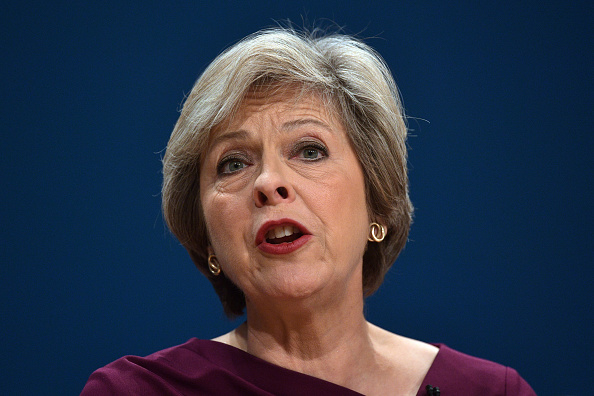Theresa May’s first big foreign policy speech as Prime Minister is a call to reform globalisation, to save it. As with her conference speech, she argues that there’ll have to be changes to the way it works if popular support for it is to be maintained.
Her argument is that ‘when you refuse to accept that globalisation in its current form has left too many people behind, you’re not sowing the seeds for its growth but for its ruin. When you fail to see that the liberal consensus that has held sway for decades has failed to maintain the consent of many people, you’re not the champion of liberalism but the enemy of it. When you dismiss the very real and deeply felt concerns of ordinary people, whether here at home or abroad, you are not acting to defend your world view but to undermine it.’
Tonally, though, the speech is quite different from her conference speech: it is more carrot than stick. May tells business that they ‘can lead the way in the world’ in addressing globalisation’s problems and that the history shows British business understands ‘that business is not just there to benefit business itself, but also to advance the common good.’ (May also stresses the Bank of England’s role as an independent central bank, a corrective to her conference speech which was seen by some in the markets as threatening that independence).
Those looking for any clues to May’s Brexit negotiating strategy in the speech will be disappointed. Apart from repeating her desire for a bespoke deal and rejecting the idea of a choice between hard and soft Brexit, May gives nothing away about whether she wants to, for instance, stay in the customs union or not.







Comments